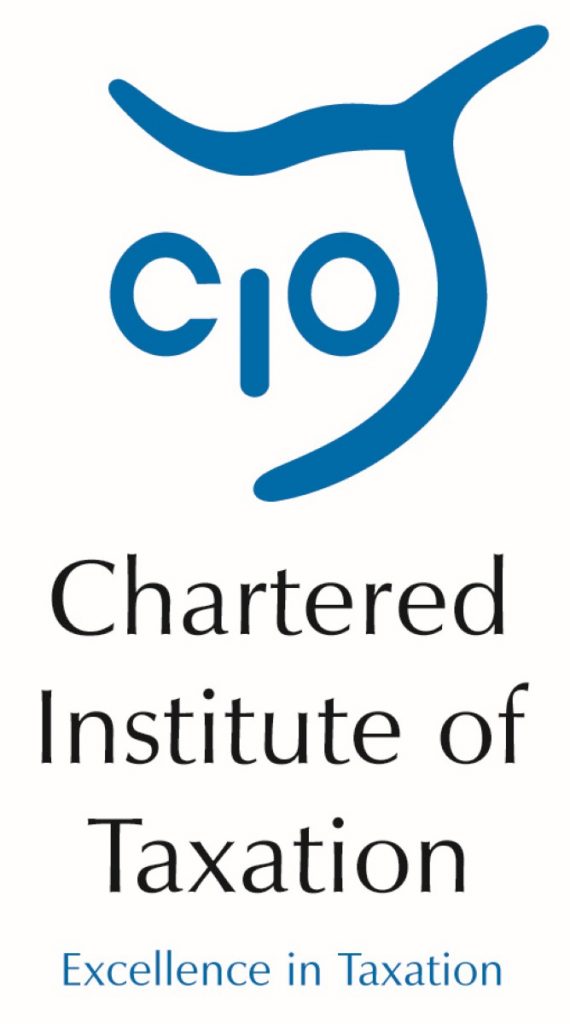There is a touch of the counsel of despair in Bill Gates’ suggestion that robots should ‘pay’ income tax when they replace work done by humans and the extra money used to retrain people that robots have replaced. But the attempt by Gates to link taxation to a long term problem in society is to be welcomed.
In an interview, Gates, co-founder of Microsoft and the world’s richest man, said: “It is really bad if people overall have more fear about what innovation is going to do than they have enthusiasm. That means they won’t shape it for the positive things it can do. And, you know, taxation is certainly a better way to handle it than just banning some elements of it. Right now, the human worker who does, say, $50,000 worth of work in a factory, that income is taxed and you get income tax, social security tax, and all those things. If a robot comes in to do the same thing, you’d think that we’d tax the robot at a similar level.”
There has been technological progress from which some people have lost out since at least the industrial revolution….and developed policies to deal with it, such as compensating people who lose their jobs, retraining them or requiring employers to compensate those made redundant. Where the State contributes to this there has been debate as to whom to tax – business profits and the wealthy being among the targets. Underlying all this is the idea that overall technological progress is good but winners should compensate losers. Some jobs are lost but others are created and on average we are better off.
The novel suggestion by Gates in response to the digital revolution is that you have a tax aimed at slowing down the rate of technological progress; it seems a tax on progress. Technology means we can do more with less, so society as a whole is wealthier as a result and that gives you something that can be taxed.
Human labour has traditionally been thought of as fundamentally scarce, an input that you want to make the most productive use of. True, there have been periods of high unemployment, when as a society it appears we cannot organise things to use it to full effect. But in general, we have wanted people to do things and make things and have felt it better to tax the scarcer inputs and not tax the progress that we make in applying it.
Tax is already complicated and following Gates’ suggestion would mean that someone will have to come up with a definition of what constitutes a robot. This would be crucial as it would determine if if a business paid a lot more tax or not. It may even lead to a new branch of the tax and accountancy profession, which has already become large and varied in response to our complicated tax system (though some are looking to replace accountants with robots….).
Where Gates’ intervention is welcome is that it is an attempt to open a debate on how the tax system needs to adapt to accommodate long-term trends.
In the UK, even though the Government has moved towards greater consultation on tax changes, we still have the annual Budget cycle, and annual Finance Bills which have in recent years run to hundreds of pages without having extensive parliamentary scrutiny.
This causes issues when trying to address the kind of very real problem that Gates alludes to in his interview; the current structure focuses time and debate on a narrow set of issues rather than broad themes.
A better consultation process; fewer and slower but better changes to the tax system; and the willingness to raise and debate such fundamental issues as that raised by Gates, is the best way forward”
Blog by John Cullinane, Tax Policy Director, the Chartered Institute of Taxation.





-01.png)